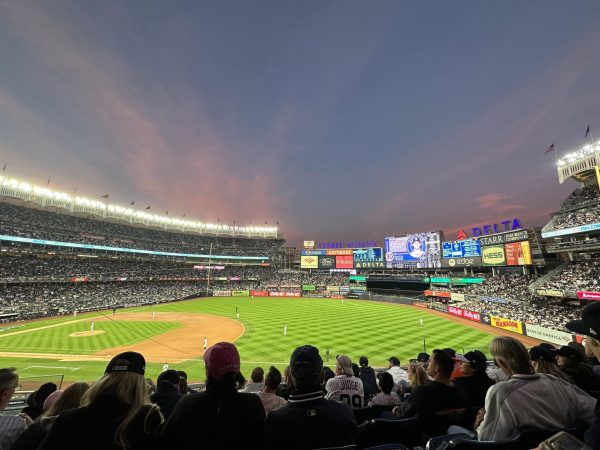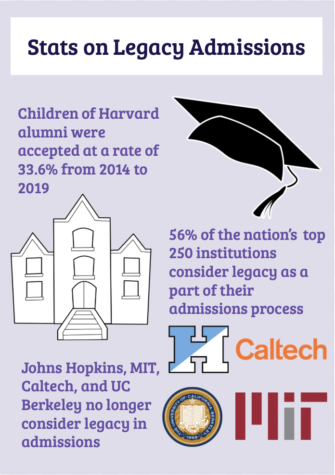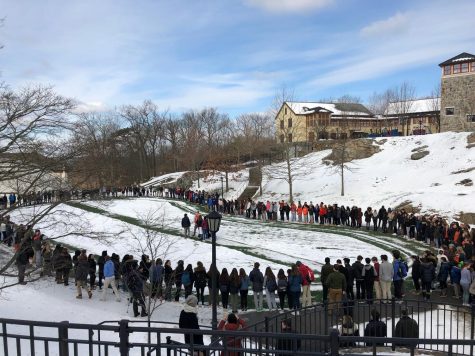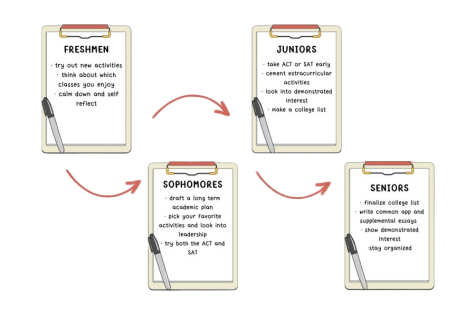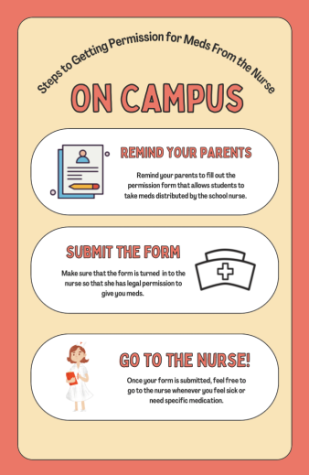Why Ferguson Really Matters
January 7, 2015
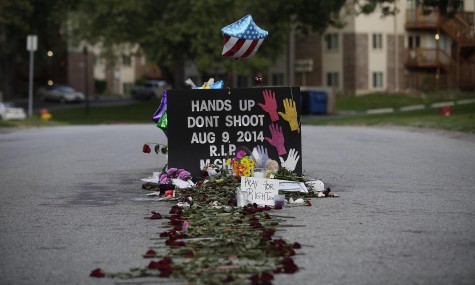
On the evening of Monday, November 24th, I was overwhelmed with a palpable sadness. In part, it was due to the three assessments that I was haphazardly studying for the night before a much needed Thanksgiving break. However, it was mostly due to the grand jury’s decision not to indict Officer Darren Wilson for shooting and killing 18-year old Michael Brown. I was shocked. It’s almost as if I had heard the announcement before attorney Robert McCulloch began his 9:15 pm news conference that evening.
According to Propublica, “from 2010 to 2012, twenty-one black male teens were fatally shot by a police officer for every one white male teen”. These tragic incidents raise the obvious question of police discrimination against minorities as well as mistreatment of blacks by the justice system and, on a larger scale, in American society. To what extent does the death of Michael Brown, at the hand of a white police officer, perpetuate the racism that America has struggled to overcome since slavery? To what extent are the oppressive notions conceived during slavery still ingrained in America’s perception of blacks, in general, and more specifically, of young black men? Although heavy questions with many implications, they challenge our ability to fully understand the prejudice that persists in our society.
To be quite honest, that’s what sat at the core of the sadness that I felt after hearing the decision. Michael Brown, Eric Garner, Tamir Rice and the countless other black men who have lost their lives at the hand of law enforcement are heavy reminders that the equality America has attempted so desperately to achieve, is far from reach. As a black teenager living in a bubble with little exposure to the terrors of discrimination and racism that many others face, it’s a hard pill to swallow. It’s so easy to think that the positive experiences that I’ve so benefitted from are the same for every black kid my age. My environment both at home and school, for the most part, reinforces equality and punishes prejudice. I feel safe. However, because of events like the Ferguson decision, many black teenagers cannot and do not share my sentiments because society is not reinforcing their success nor their survival. And it begs the question: Can this be me? Will this ever be me? And then I realized: it is me.
Michael Brown was an 18-year old teenager from a family who supported and loved him unconditionally. He was headed off to college, only two days away, when he was shot and killed. He had aspirations of growth and success. He was a kid who had some shortcomings and some flaws, but boy, don’t we all. He dreamed of something bigger than the town of 20,000 where he was born and raised. The opportunity was brushing against his fingertips. Just like me. Except for the fact that I am alive with an optimistic future while his golden ticket disintegrated, in the hot Missourian sun, in the four and a half hours it spent laying next to his unattended body.
Michael Brown and others who met a similar fate represent a struggle that is not quite finished. But what do they mean to you? That’s a question that you should answer for yourself. But I will leave you with this: when you remove all the evidence, all the witness accounts, all the media coverage from this tragic situation, what do you see? And possibly more important, who do you see? Well, I need you to see me. Because I am Michael Brown. You are Michael Brown. We are Michael Brown.

